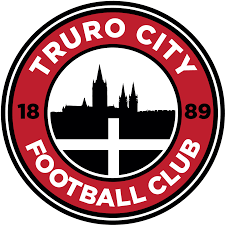Ronaldo Nazário: The Iconic Football Legend

The Rise of Ronaldo Nazário
Ronaldo Luis Nazário de Lima, commonly known as Ronaldo Nazário, is widely regarded as one of the greatest football players of all time. Born on September 22, 1976, in Rio de Janeiro, Brazil, he rose to prominence in the 1990s and early 2000s, captivating fans with his extraordinary skill and goal-scoring ability. Nicknamed ‘El Fenómeno,’ he became a global superstar, changing the face of football forever.
Career Highlights
Ronaldo began his professional career with Cruzeiro in 1993, where he quickly attracted attention for his remarkable talent. His performances earned him a transfer to Europe, where he played for PSV Eindhoven, and later, he made a monumental leap to Barcelona, scoring 47 goals in 49 games during the 1996-1997 season. This brilliant season was followed by a high-profile move to Inter Milan, where he continued to display his prowess.
Ronaldo’s career, however, was marred by injuries. He suffered two significant knee injuries that sidelined him for long periods. Despite these setbacks, he made a remarkable comeback and was integral to the Brazilian national team, helping them secure victory in the 2002 FIFA World Cup. His performance in that tournament, where he finished as the top scorer with eight goals, solidified his legacy as one of the game’s all-time greats.
Impact on Football
Ronaldo Nazário was not only a prolific goal scorer but also redefined the role of the striker. His unique combination of speed, skill, and strength allowed him to evade defenders and create opportunities, making him a nightmare for opposing teams. His playing style has influenced a generation of players who aspire to emulate his success. Furthermore, Ronaldo’s achievements have contributed to the global popularity of football, particularly in Brazil, where he is considered a national hero.
Legacy and Current Endeavours
Post-retirement, Ronaldo has remained active in football through various ventures, including ownership of the Spanish club Real Valladolid and involvement in social initiatives aimed at promoting sports among the youth. His transition from player to businessman demonstrates his commitment to fostering the next generation of talent in football.
Conclusion
Ronaldo Nazário’s journey through football is a testament to resilience and extraordinary talent. Despite facing significant challenges in his career, his influence remains palpable. As football continues to evolve, the legacy of Ronaldo serves as a reminder of the magic that one individual can bring to the sport. His story inspires countless fans and young players worldwide, showing that greatness is not just measured in goals but in the impact one leaves behind.









